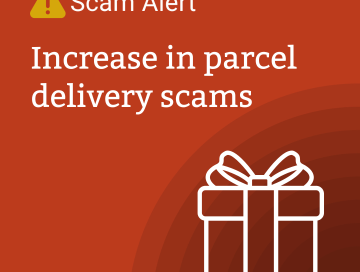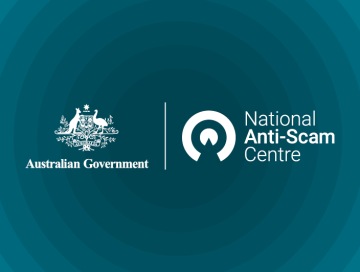112 results, showing 1 to 10
Scammers have been impersonating phone numbers belonging to the ACCC in an attempt to steal personal information.
Scammers routinely take over or set up fake profiles on social media, messaging platforms and apps. Be aware of scammers using social media to contact you to steal personal and financial details.

Scammers are targeting online shoppers during the festive season, especially with Christmas shopping and Boxing Day sales. Criminals create fake websites to look like well-known brands.

Criminals are emailing people claiming they have hacked into their computers or webcams and have access to compromising images and videos of them. These criminals threaten victims saying they will release the images and videos unless they are paid.

Criminals pretending they're from the National Anti-Scam Centre are calling people, saying your phone number is involved in a scam in China.

Criminals who contact you unexpectedly offering to help 'fix problems' with your account, phone or computer are causing increasing financial loss through remote access scams.
Scammers pretending to be real businesses are sending fake invoices to customers, with scam bank account details. These may seem to come from a business you expect an invoice from - but scammers have stolen their identity to steal your money.
The National-Anti Scam Centre is warning HSBC customers to watch out for scam texts that appear to be from their bank.

Australians are being warned to be alert this holiday season to scammers sending text messages and emails impersonating Australia Post and other well-known courier services.

In May 2023, the government funded the ACCC to set up a new National Anti-Scam Centre.
The centre will bring together experts from government and the private sector to tackle harmful scams.



